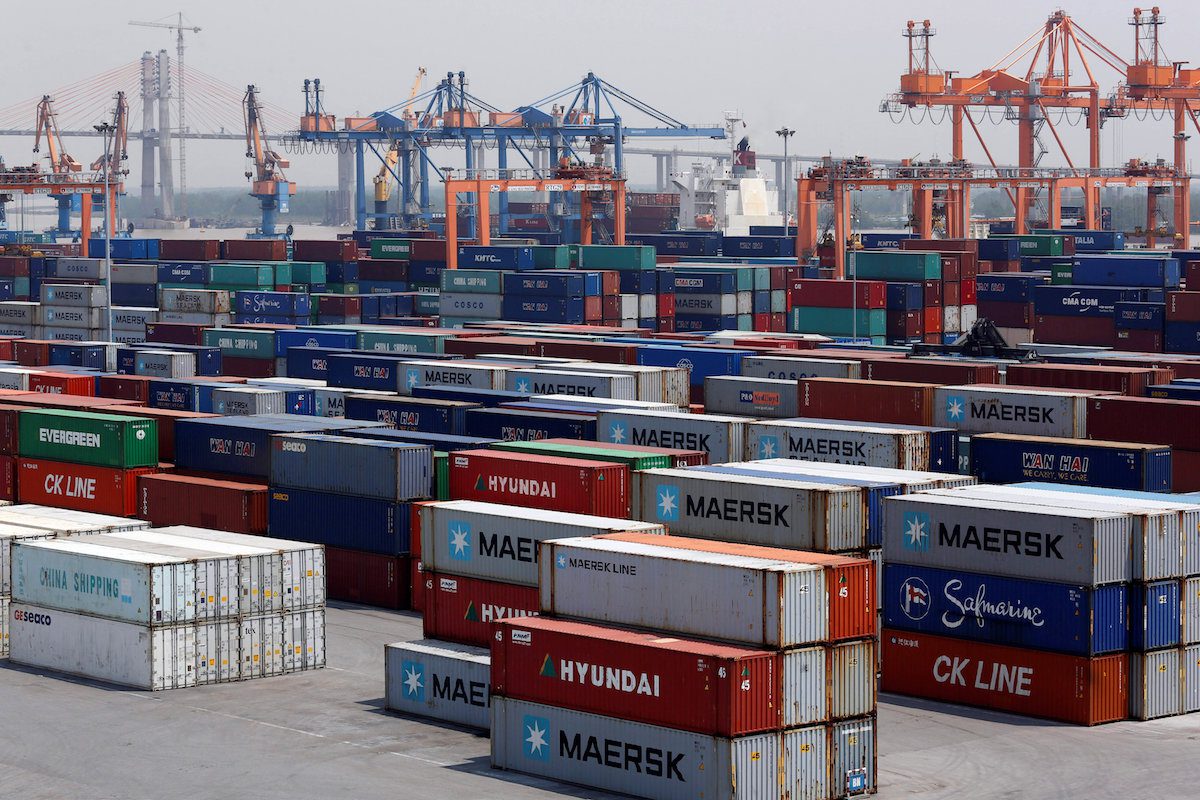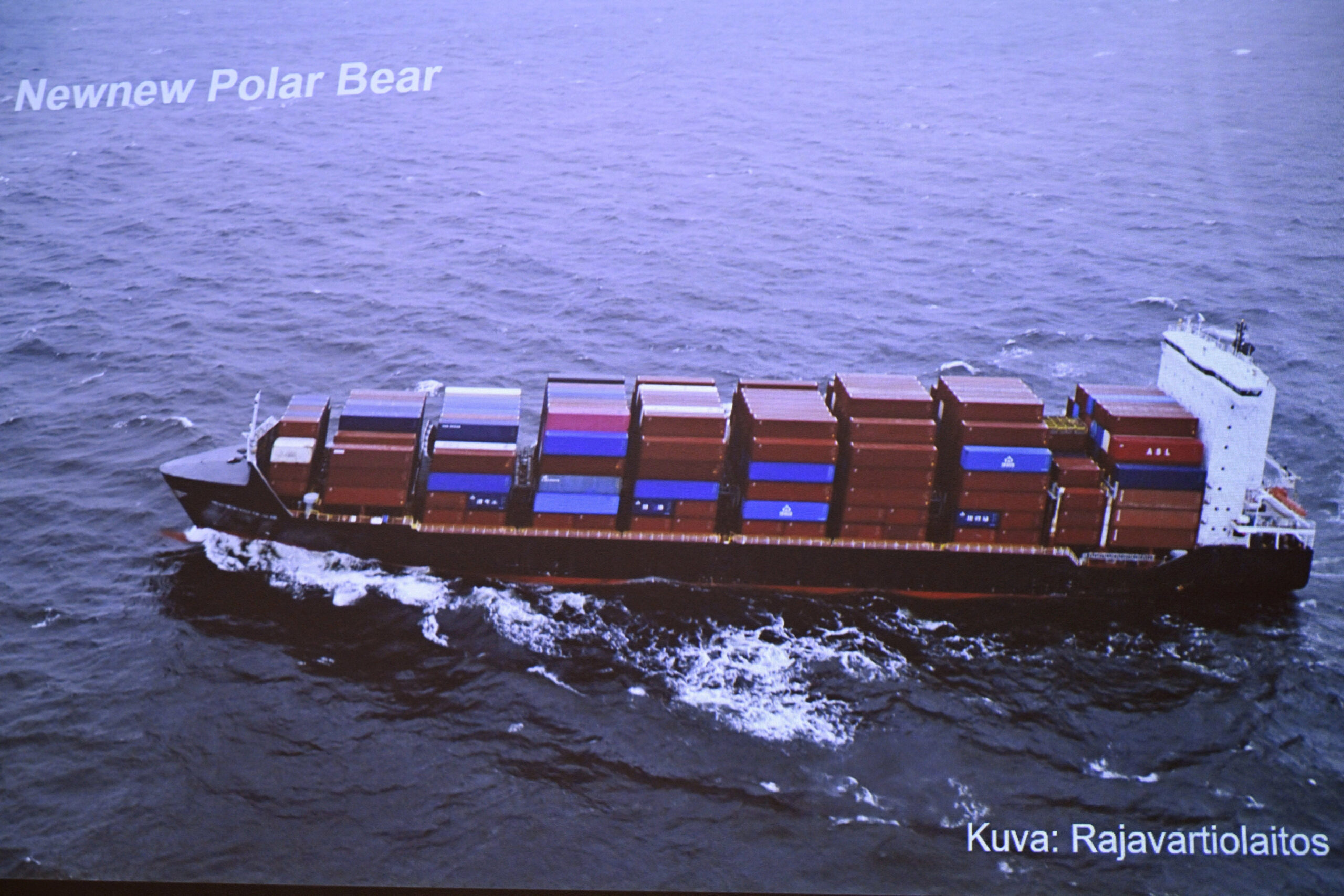By Muyu Xu and Florence Tan
SINGAPORE, July 21 (Reuters) – Asian refiners have booked near-record volumes of U.S. crude to be shipped in August, replacing Middle Eastern oil, as competitive prices and ample supplies attracted heavy buying, according to trade sources.
The jump in U.S. imports comes on the back of strong Chinese demand for Brazilian oil in the third quarter as Asia boosts its light oil purchases from the Americas, reducing demand for similar quality grades from the United Arab Emirates.
About 1.5 million to 1.9 million barrels per day (bpd) of U.S. crude, mostly West Texas Intermediate (WTI) Midland, will be bound for Asia next month, traders said. That would be shy of the record 2.2 million bpd loaded in April, according to shiptracking data from Kpler.
“U.S. crude is being pushed aggressively to Asia recently,” said a Singapore-based trade source.
The large flow of U.S. crude to Asia is aided by steep discounts for WTI against Middle East benchmark Dubai, which make hauling oil from the U.S. more economical for Asian buyers.
The average discount for WTI futures to Dubai swaps was at $5.40 a barrel, as of July 20, slightly narrower than $6.08 a barrel last month but wider than $3.93 seen in May.
The costs of chartering a very large crude carrier (VLCC) to China from the United States touched a two-month low of $7.4 million last week, down $2.8 million from a month-ago levels, Simpson Spence Young data on Refinitiv Eikon showed.
The costs have led WTI Midland to trade at about $3 a barrel over Dubai quotes delivered to North Asia in October, slightly cheaper than Abu Dhabi’s flagship Murban, which has a higher sulphur content. Sweet or low-sulphur oil is typically more expensive than sour crude.
Stronger interest in U.S. crude also comes as Asian refiners, especially in China, look to replace more expensive Saudi Arabian crude after state giant Saudi Aramco hiked its official selling prices (OSPs) for two straight months.
“China requested less term supply from Saudi in recent months and is seizing crude from everywhere to fill in the supply gap,” said another Singapore-based trader.
China, the world’s largest crude importer, has increased its procurement of U.S. crude this year apart from record purchases of Russian and Saudi oil due to favourable prices and robust refining demand.
China’s U.S. crude imports reached 3.05 million metric tons, or 742,824 bpd, in June, the highest levelsince December 2020, according to customs data.
“We forecast U.S. exports to Asia will increase quarter-on-quarter in Q3 23, with China and even Japan purchasing Midland cargoes in size,” said analysts from consultancy Energy Aspects.
Japan sources more than 95% of its crude oil from Middle Eastern countries and is the top buyer of Abu Dhabi light grades such as Murban, Das and Umm Lulu. Japanese refineries, however, have been slow to take UAE light crude so far this month, partly because of outages at Japan’s top refiner Eneos and fellow refiner Cosmo Oil, traders said.
(Reporting by Muyu Xu and Florence Tan; Additional reporting by Arathy Somasekhar in Houston; Editing by Sherry Jacob-Phillips)
(c) Copyright Thomson Reuters 2023.

 Join The Club
Join The Club












